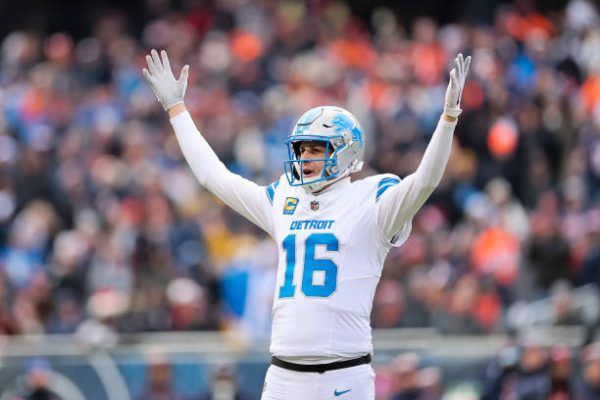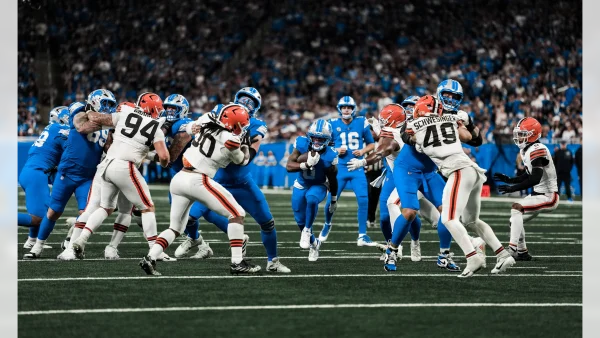Becoming a club sport
The Oakland Owls took “flight” on their broomsticks in their first ever quidditch match against Michigan State University last Friday, however, they were competing as a student organization rather than a club sport.
Although a physical activity and considered competitive, quidditch — a game derived from J.K. Rowling’s popular series Harry Potter — was considered better off as a student organization.
“Quidditch fits right into that, it could’ve been one or the other,” Dan Bettmann, Coordinator of club and intramural sports said. “There are probably a half a dozen that are like that, there’s probably a few other student orgs (organizations) that could be considered clubs if they saw greater benefit for what we have to offer, but really the benefits are very similar as far as how much money you can get funded and being recognized by the university.”
Bettmann explained quidditch was not denied as a club sport because it wasn’t considered an actual sport, but funding played a large role in the decision.
“When you get into the definition of a sport it kind of gets tricky,” Bettmannn said. “I don’t necessarily think it was that, it just seemed like it would fit better in student orgs based on how student orgs does their funding.”
The Oakland Owls were unhappy at first, but decided it would be better off as a student organization.
“At first we were discouraged and although it’s a sport to us, we’re happy having funding to do events through the CSA,” Lisa Coppola, junior mathematics, Vice President of quidditch said.
According to Bettmann, both club sports and student organizations are directly funded from the Student Activities Funding Board and afforded the same amount of money, but what they spend the money on is one of the main differences.
“A club sport has a few restrictions on what you can actually request money for,” Bettmann said. “You can only get it for equipment and field space if we don’t offer it, like ice.
“The reason we kind of split off from funding purposes is that majority of student orgs money is based off of meetings, speakers and food.
“So having speakers come in and they spend their money on food to get people come to the speakers or meeting then doing group work, as far as all of our clubs which are more of the competitive, so they’re traveling, they’re having eligibility things with the registrar, they’re competing, not all compete, but they are doing some sort of physical activity where we have waivers.”
Although quidditch was denied, Bettmann explained club sports aren’t all that hard to start as long as they fit the requirements.
“You look at clubs that we don’t have that would make sense, that would be extremely easy to start,” Bettmann said. “A basketball club, we don’t have a men’s or women’s basketball club. The reason being, there hasn’t been many students that have approached saying they want to start that.
“If they wanted to, they could be an active club in a week or so because there are clubs in the area, there’s facility space on hand, a governing body, all those things and you could find interest quickly.”
Despite basketball being considered easy to start, student’s interest plays a huge part in why many clubs haven’t been created.
“That’s a big part of Oakland University students, a lot of them choose not to be involved and then claim they don’t know the opportunities are available to them,” Bettmann said. “A lot of the times when we do surveys, we’ll get feedback and they didn’t know intramural sports were an option on campus, so we try to advertise as much as possible, but when you have a student base that does live off campus and the majority works 20-40 hours a week it’s hard to get their attention and say use your free time in a club sport or intramural sports.”
Sports and activities that show proven interest and fit the requirements of a club sport will be given an opportunity for review, according to Bettmann.




